Digital marketing is evolving rapidly with the help of AI, and I’m seeing firsthand how it’s transforming how we reach and engage with customers.
With AI, I can analyze huge amounts of data quickly, giving me deep insights into what my customers like and how they behave.
For example, AI helps me sift through data from social media, website interactions, and purchase history to build a detailed profile of each customer. This means I can send personalized messages and offers that really resonate.
A study by Salesforce even found that 76% of consumers expect companies to understand their needs, and AI is helping me meet these expectations like never before.
I’m also noticing a huge change in how we target and deliver ads, thanks to AI.
Instead of relying on broad demographic information, I can use AI to tap into real-time data and predictive analytics to optimize ad placements.
This ensures my ads are shown to the right people at the right time, which boosts the chances of conversion. Take Facebook’s ad platform, for example. It uses AI to analyze user behavior and predict who’s most likely to engage with an ad.
This means I can spend my marketing budget more efficiently and see a higher return on investment.
McKinsey & Company even reported that companies using AI for marketing can increase their leads by more than 50%.
AI is also enhancing customer service through chatbots and virtual assistants, which I’ve found incredibly useful.
These AI-driven tools can handle a wide range of customer queries, providing instant responses and freeing up my team for more complex issues. This not only improves the customer experience but also reduces operational costs. For instance, I’ve seen how companies like H&M use chatbots to help customers find products and answer questions, which makes shopping easier and more enjoyable.
According to Gartner, by 2022, 70% of customer interactions will involve emerging technologies like chatbots, up from just 15% in 2018. This shift highlights how important AI is becoming in creating more efficient and satisfying customer interactions.
AI is changing the game for digital marketing specialists. It’s making campaigns smarter, more personalized, and more efficient. Let's dive into some key ways AI is being used in digital marketing.
1. Personalized Marketing

Ever wondered how you keep seeing ads for things you actually want? That’s AI at work.
AI analyzes your behavior—what you click on, what you buy, even how long you stay on a page. With this data, marketers can create personalized content just for you.
It’s like having a personal shopper who knows exactly what you like.
Example: Spotify’s AI-driven recommendations help users discover new music based on their listening habits. This keeps users engaged and coming back for more.
2. Predictive Analytics
Predictive analytics sounds complex, but it’s pretty straightforward. AI looks at past data to predict future trends.
For marketers, this means they can anticipate what customers will want next and adjust their strategies accordingly.
Example: Amazon uses predictive analytics to manage its inventory. By predicting which products will be in demand, they ensure they have the right stock levels, reducing costs and improving customer satisfaction.
3. Chatbots for Customer Service
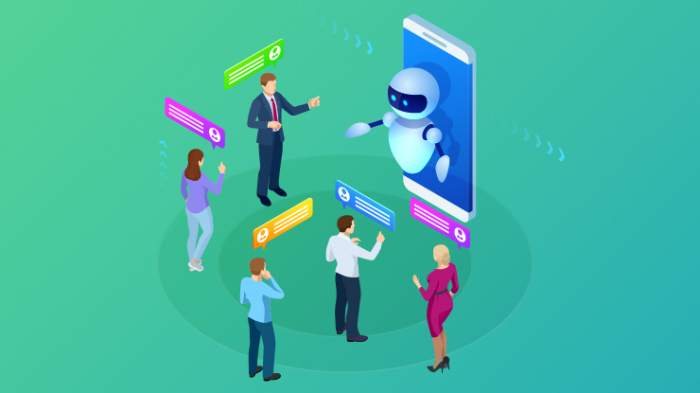
You’ve probably chatted with a bot online without even realizing it. AI-powered chatbots are becoming more sophisticated and can handle a wide range of customer queries.
ChatBots provide instant responses, freeing up human agents for more complex tasks.
Example: H&M uses chatbots to help customers find products and answer questions. This not only improves the shopping experience but also reduces the workload on customer service teams.
4. Content Creation

Believe it or not, AI can even help create content. Tools like AI writers can generate blog posts, product descriptions, and social media updates.
This speeds up the content creation process and ensures consistency across all platforms.
Example: The Washington Post uses an AI tool called Heliograf to write short news reports. This allows their journalists to focus on more in-depth stories while still providing timely updates.
5. Ad Targeting

AI takes ad targeting to the next level. By analyzing user data, AI can determine the best time and place to show ads for maximum impact. This leads to higher conversion rates and better return on investment.
Example: Facebook’s ad platform uses AI to optimize ad delivery. It targets users who are most likely to engage with the ad, improving campaign effectiveness.
6. SEO Optimization
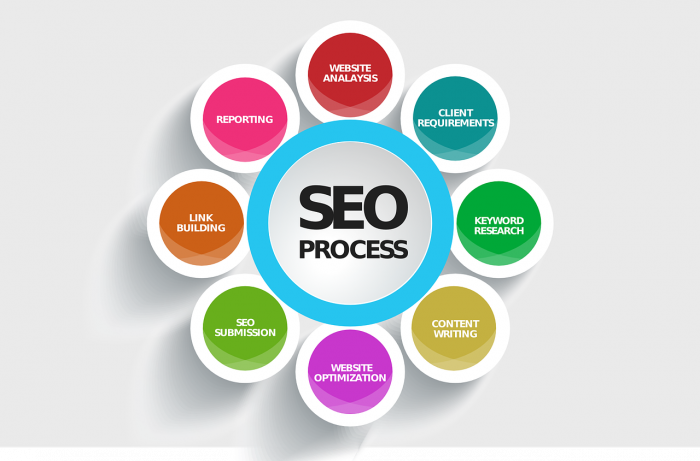
Search engine optimization (SEO) is crucial for getting content seen. AI tools help marketers optimize their content for search engines by analyzing keywords, suggesting improvements, and even predicting how changes will impact rankings.
Example: Tools like Moz and Ahrefs use AI to analyze website performance and suggest SEO strategies. This helps marketers improve their search engine rankings and drive more traffic to their sites.
7. Email Marketing

AI is transforming email marketing by making it more personalized and timely. AI tools can determine the best time to send emails, what content to include, and who to target. This increases open rates and engagement.
Example: Platforms like Mailchimp use AI to segment audiences and personalize email campaigns. This ensures that subscribers receive relevant content, leading to higher engagement rates.
8. Social Media Management
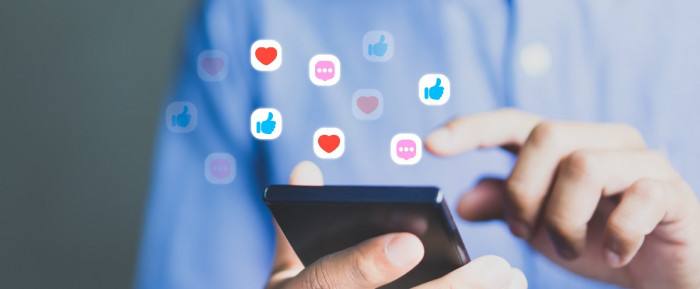
Managing social media can be overwhelming, but AI tools make it easier. They can schedule posts, analyze performance, and even suggest the best times to post. This helps marketers maintain a consistent presence across all platforms.
Example: Tools like Hootsuite use AI to analyze social media metrics and provide insights. This helps marketers understand what works and what doesn’t, allowing them to refine their strategies.
9. Data Analysis

Data is at the heart of digital marketing, and AI excels at analyzing large datasets. AI tools can identify patterns and trends that human analysts might miss. This helps marketers make data-driven decisions and optimize their campaigns.
Example: Google Analytics uses AI to provide insights into website traffic and user behavior. This helps marketers understand their audience and improve their online presence.
Conclusion
AI is reshaping digital marketing in countless ways. From personalized marketing to predictive analytics, chatbots to content creation, AI is helping marketers work smarter and achieve better results.
As AI continues to evolve, its impact on digital marketing will only grow, making it an essential tool for any marketing specialist.
So, whether you're just starting out or looking to enhance your strategies, embracing AI could be the key to your success.

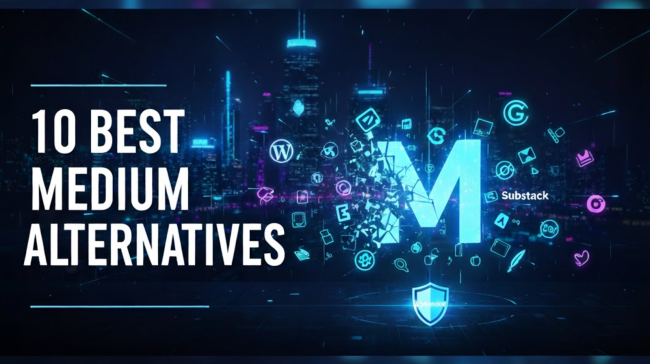

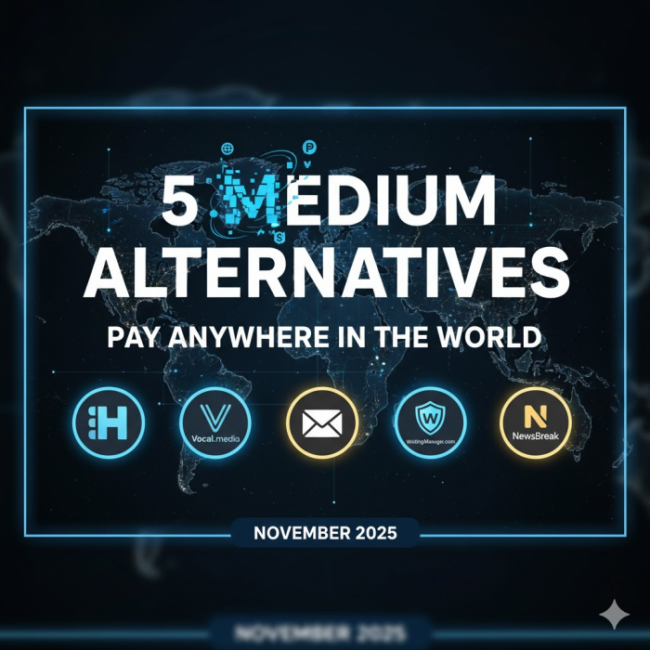


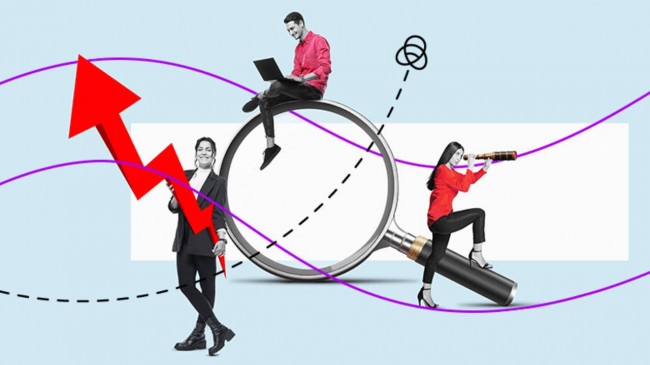


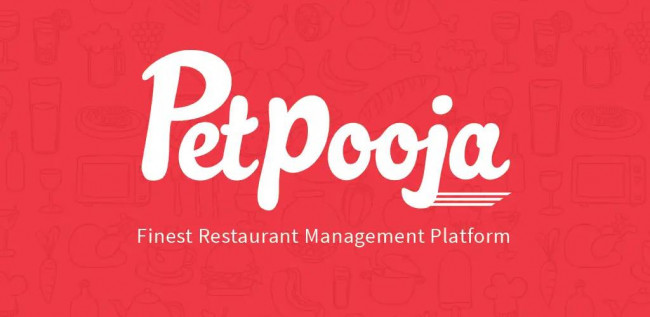
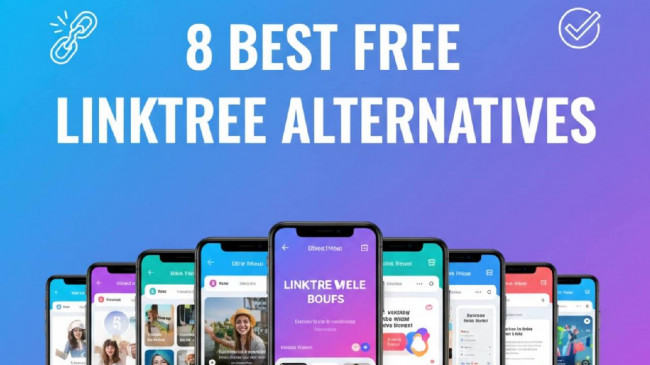
Comments